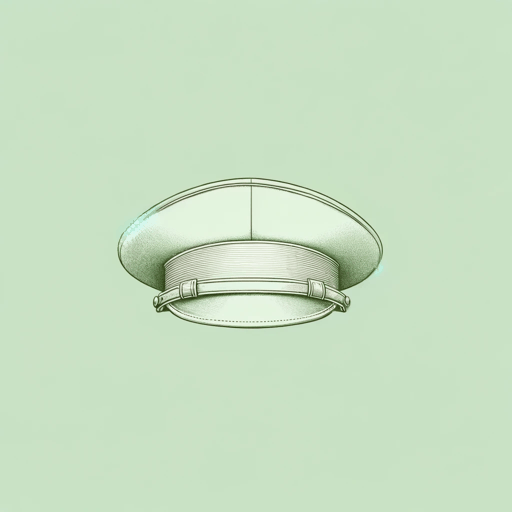19 pages • 38 minutes read
Carolyn ForchéThe Colonel
Fiction | Poem | Adult | Published in 1981A modern alternative to SparkNotes and CliffsNotes, SuperSummary offers high-quality Study Guides with detailed chapter summaries and analysis of major themes, characters, and more.
Poem Analysis
Analysis: “The Colonel”
Forché’s “The Colonel” is composed in a large block of unbroken prose, consisting almost entirely of simple, declarative sentences. Before the poem begins its string of observations, it opens with a curious rhetorical device, claiming, “What you have heard is true” (Line 1). This first line communicates two things: first, that the poem is journalistically true; second, that it confirms some rumor with which the reader is familiar. These suggestions may be rhetorical devices to engage the reader, but the first suggestion—that the events are true—has real historical context (See: Contextual Analysis).
The opening line leads perfunctorily into a scene describing the speaker’s personal experiences: “I was in his house” (Line 1). While the referent of “his” remains unspoken both here and in the sentences that directly follow, the title implies it is the titular Colonel. The poem makes a point of observing first the people in the house who are not the Colonel—and defining each of them only in relation to him. Each member of the house is defined by their roles in the Colonel’s life: “His wife” (Line 1), “[h]is daughter,” and “his son” (Line 2). While the poem describes only mundane domestic details at first, such as a “tray of coffee and sugar” (Line 2) or the daughter “fil[ing] her nails” (Line 2), the possessive masculine pronouns leave no doubt about who is in charge.


